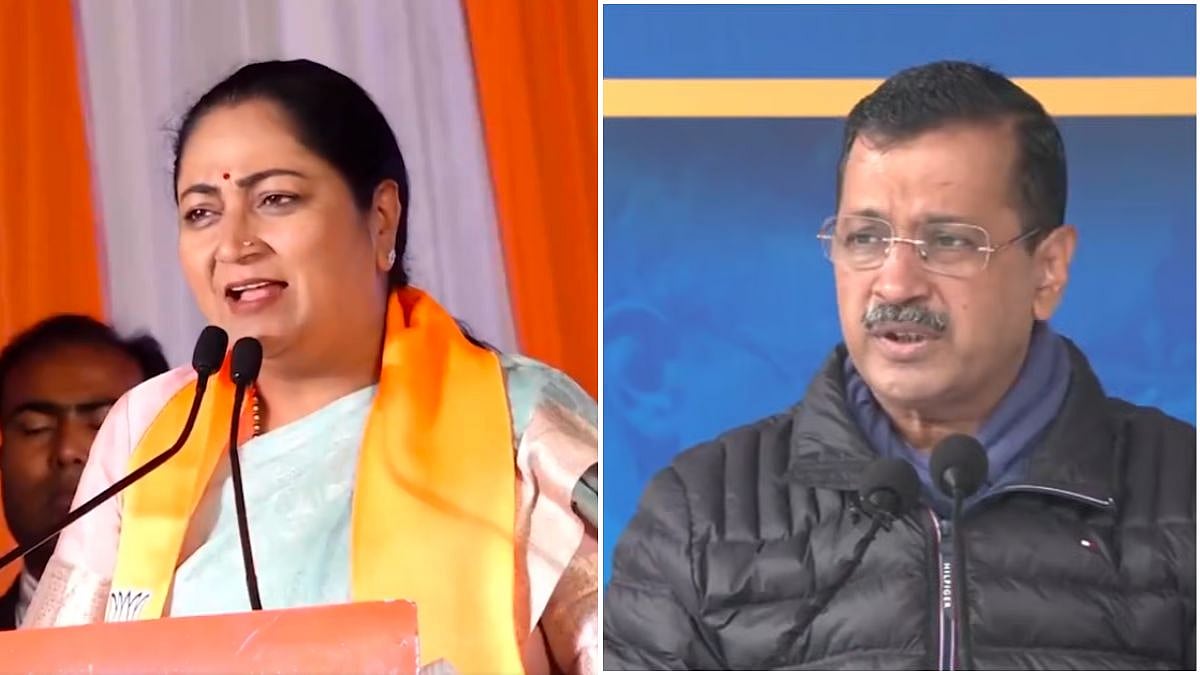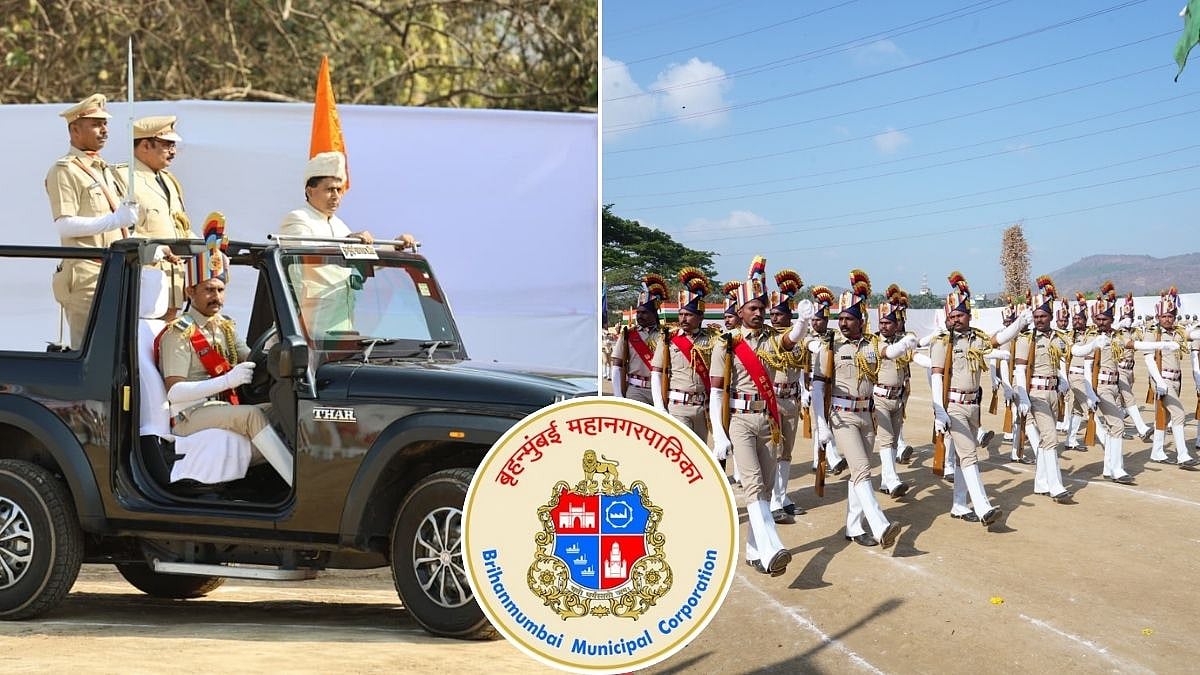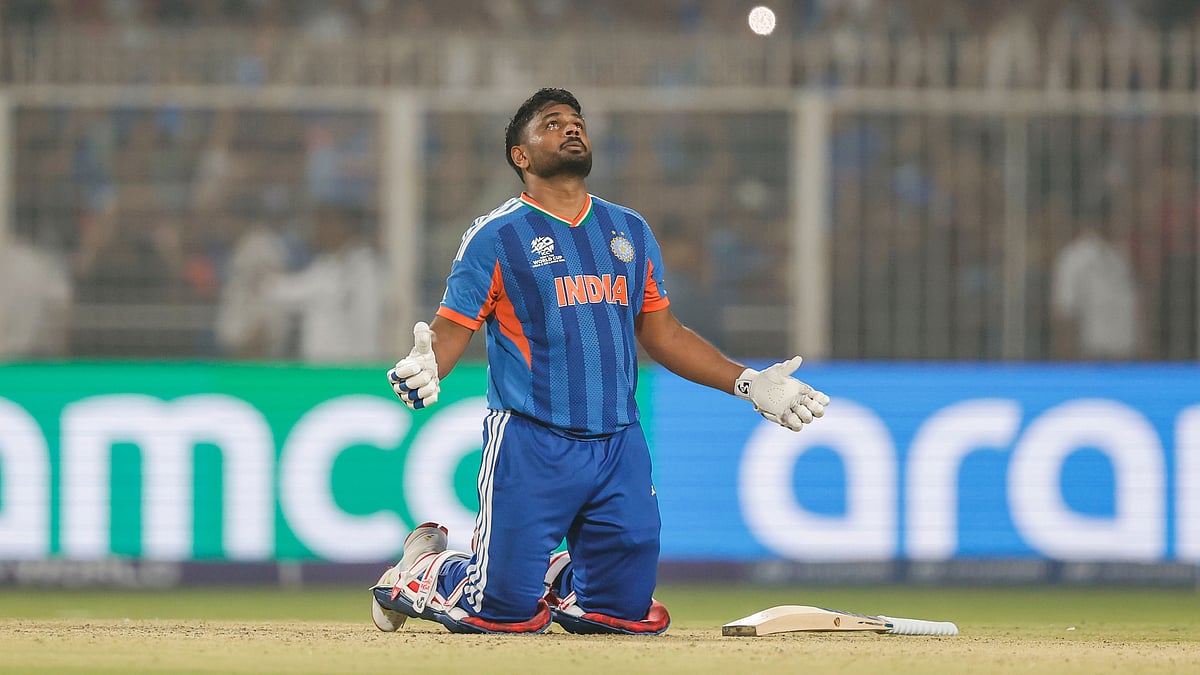In a significant move to enhance the security of top officials, 102 policemen assigned to protect the Governor and Chief Minister are being removed from their VIP duties.
The decision comes after many of these officers failed a critical firing test, raising concerns about their fitness for the high-stakes responsibilities they were entrusted with.
The policemen who are being removed will be replaced by constables and head constables selected from the Provincial Armed Constabulary (PAC), various district police forces, the Special Disaster Response Force (SDRF), and the Special Security Force. This reshuffling is part of a broader effort to ensure that only the most capable personnel are entrusted with the security of eminent personalities.
Most of the officers being removed from their VIP duties had failed the recent firing test, a key component of the fitness evaluation conducted by a committee following the Security Headquarters Standard Operating Procedure (SOP).
Despite being given a chance to retake the test, many of these officers did not even show up for the re-examination, leading to their disqualification from these critical roles.
The Security Headquarters has now initiated the process of selecting 102 new officers from the PAC, Commissionerate, district forces, SDRF, and Special Security Force to fill these positions. These selected officers have passed both fitness and firing tests, ensuring they meet the rigorous standards required for protecting high-profile figures.
Reforms in VIP security
This overhaul in VIP security follows a series of incidents that have raised questions about the preparedness of the personnel currently deployed. In one notable incident on April 23, during a public meeting in Pilibhit, a commando assigned to the Chief Minister's security detail suddenly fainted, necessitating an immediate replacement.
“Such incidents have underscored the need for more stringent fitness and competency checks for officers assigned to VIP security,” a senior police official told this report.
In line with this, the Security Headquarters has also decided not to deploy any policemen over the age of 40 for the Chief Minister's security. This decision aims to ensure that those responsible for the safety of the state's top officials are in peak physical condition and fully capable of handling any potential threats.
Increased allowance for VIP security personnel
The officers assigned to VIP security receive a significant allowance for their duties, which was recently increased from ₹12,500 to ₹25,000. This has made positions in VIP security highly sought after, with many officers reluctant to relinquish these lucrative assignments.
However, the recent failures in basic competency tests have made it clear that monetary incentives alone cannot justify their continued deployment in these roles.
“The Security Headquarters’ strict stance on the issue reflects a commitment to ensuring that only the most qualified and capable officers are assigned to protect the state's most important figures,” a senior official said adding: “This shake-up in the VIP security detail is expected to bring in a new level of discipline and efficiency, critical for maintaining the safety and security of high-ranking officials.”
Eligibility Criteria for Provincial Armed Constabulary (PAC) Candidates
Provincial Armed Constabulary (PAC), often tasked with VIP protection, includes both constables and head constables. Male candidates must have a minimum height of 168 cm and complete a 4.8 km run within 25 minutes to qualify, while female candidates must have a minimum height of 152 cm and complete a 2.4 km run within 14 minutes.
The Personal Security Officers (PSOs) are responsible for safeguarding individuals from potential threats. They operate under strict task guidelines, either independently or as part of a team, in both armed and unarmed capacities. PSOs must be physically fit, mentally alert, and prepared to take risks in the line of duty.
The PSOs are required to possess exceptional firing skills as part of their role in protecting VIPs. Proficiency in handling firearms is crucial, as PSOs must be able to respond swiftly and accurately in high-pressure situations. This skill includes regular training in various shooting techniques, such as target practice, close-quarter shooting, and precision aiming under stressful conditions. PSOs are trained to use different types of firearms, ensuring they can adapt to various scenarios, whether it involves neutralizing a threat from a distance or in close proximity.
In addition to technical expertise, PSOs must also demonstrate strong decision-making abilities during firearms training. They are taught to assess threats quickly and determine the most appropriate response, balancing the need for force with the responsibility to minimize harm. This aspect of their training is vital, as it ensures that PSOs can effectively protect their principals while maintaining the highest standards of professionalism and safety.






